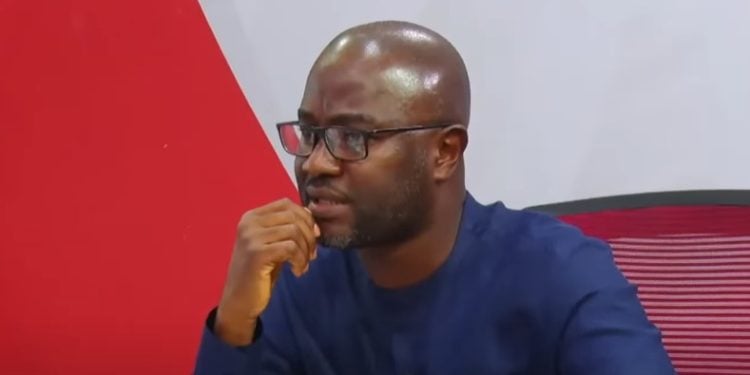The Electoral Commission’s (EC) decision to rerun parliamentary elections in 19 polling stations within the Ablekuma North Constituency has sparked controversy and accusations of political bias, primarily from the New Patriotic Party (NPP). Former Member of Parliament for Okaikwei North, Issah Fuseini, a prominent NPP figure, has voiced strong criticism, labeling the EC’s directive as “bizarre and surprising.” The NPP vehemently contests the decision, asserting a lack of legal basis and consensus, claiming no agreement was reached during prior stakeholder engagements. This move adds another layer to the already tense political climate in Ghana, raising concerns about the integrity of the electoral process and the potential for further disputes.
The core of the NPP’s objection lies in the perceived lack of justification for the rerun. While the EC cites irregularities, specifically the lack of Presiding Officer verification on scanned pink sheets from the 19 polling stations, despite the signatures of party agents, the NPP remains unconvinced. They question the EC’s interpretation of the legal requirements and the timing of the decision, coming relatively long after the initial election. Fuseini’s statement highlights the party’s suspicion that the EC may have succumbed to political pressure, referencing comments made by senior NDC figures about their intentions to address perceived issues with the EC following legal proceedings. This perceived political interference fuels the NPP’s distrust and strengthens their resolve to challenge the decision through legal channels.
The EC, however, maintains that its decision is grounded in established electoral procedures and aimed at ensuring the integrity of the process. The Commission insists that the absence of Presiding Officer verification constitutes a significant procedural flaw that necessitates the rerun. The EC’s statement emphasizes that while the scanned pink sheets carry the signatures of party agents, the lack of Presiding Officer verification renders them legally incomplete. They argue this oversight undermines the credibility of the results from those specific polling stations and necessitates a fresh election to address the procedural lapse and ensure a fair and transparent outcome.
The rerun, affecting 19 out of 37 polling stations in Ablekuma North, leaves the results from the remaining 18 polling stations, which were properly verified, untouched. This distinction further complicates the situation, creating a fragmented electoral landscape within the constituency. The NPP’s commitment to pursuing legal action against the EC’s directive underscores their deep-seated concerns about the potential ramifications of the rerun, not only for the Ablekuma North constituency but also for the broader perception of electoral integrity in Ghana. This legal challenge is likely to set the stage for a protracted legal battle, potentially further delaying the final resolution of the parliamentary representation for Ablekuma North.
The rerun is scheduled to take place against a backdrop of heightened political tension and mutual suspicion between the NPP and the NDC. This charged atmosphere raises concerns about the potential for disruptions or irregularities during the rerun itself. Both parties are expected to deploy significant resources to monitor the proceedings closely, leading to an intensified scrutiny of the electoral process. This highly charged environment could potentially exacerbate existing tensions and contribute to a fiercely contested election, with both parties vying for control of the Ablekuma North seat. The outcome of both the rerun and the ensuing legal challenge will undoubtedly have significant political implications.
The Ablekuma North rerun represents a microcosm of the broader challenges facing Ghana’s electoral system. The dispute underscores the need for clear and unambiguous electoral regulations, robust mechanisms for dispute resolution, and sustained efforts to build trust and confidence in the impartiality of the EC. The outcome of this situation will not only determine the parliamentary representation for Ablekuma North but also set a precedent for future electoral disputes and potentially influence the trajectory of Ghana’s democratic development. The ability of the EC to navigate this complex situation and ensure a credible and transparent rerun will be crucial in maintaining public trust and upholding the integrity of the electoral process.


